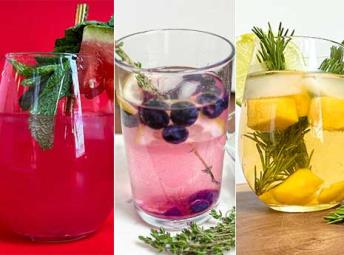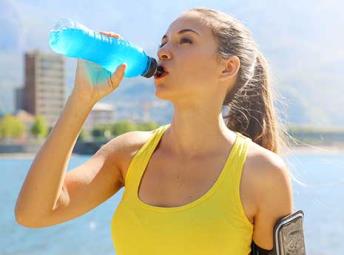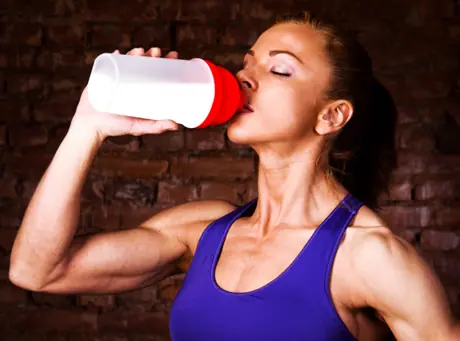Set a clock and make yourself consume 100 calories every hour or maybe 200 calories every hour. It all depends on your caloric needs, something that you need to determine during training runs, rather than on race day.
Test runs. When planning long training runs, bring different kinds and amounts of food. Training runs are great for trial foods since there is no pressure. Keep track of how you feel after eating particular foods and what eating intervals work best.
More: Weekend Training Menu
Salt and Water. Hydrating is as important as fueling during an ultra, but taking in enough salt is also very important. Salt lost in sweat during an ultra—especially on a hot day—needs to be replaced. Lots of water, with too little salt, could lead to hyponatremia. If you do supplement with salt pills, remember to take them with water.
More: Measure Sweat Loss for Optimal Hydration
Everyone is different. I cannot eat sports bars during a race. I also can't eat a cheese steak. But, don't let that stop you. It might not be the easiest thing to carry a cheese steak around in the backcountry, but if you know from experience that it fuels you well without bad side effects, then bring a cheese steak on your next ultra.
Just because something works or doesn't work for the person running next to you doesn't mean it will have the same effect on you. Everyone's stomach is different.
More: Best Race Foods for Runners
 Perfect your nutrition to boost your performance. Sign up for a race near you.
Perfect your nutrition to boost your performance. Sign up for a race near you.
- 2
- of
- 2
About the Author

Get ACTIVE on the Go


Couch to 5K®
The best way to get new runners off the couch and across the finish line of their first 5K.
Available for iOS | Android






Discuss This Article